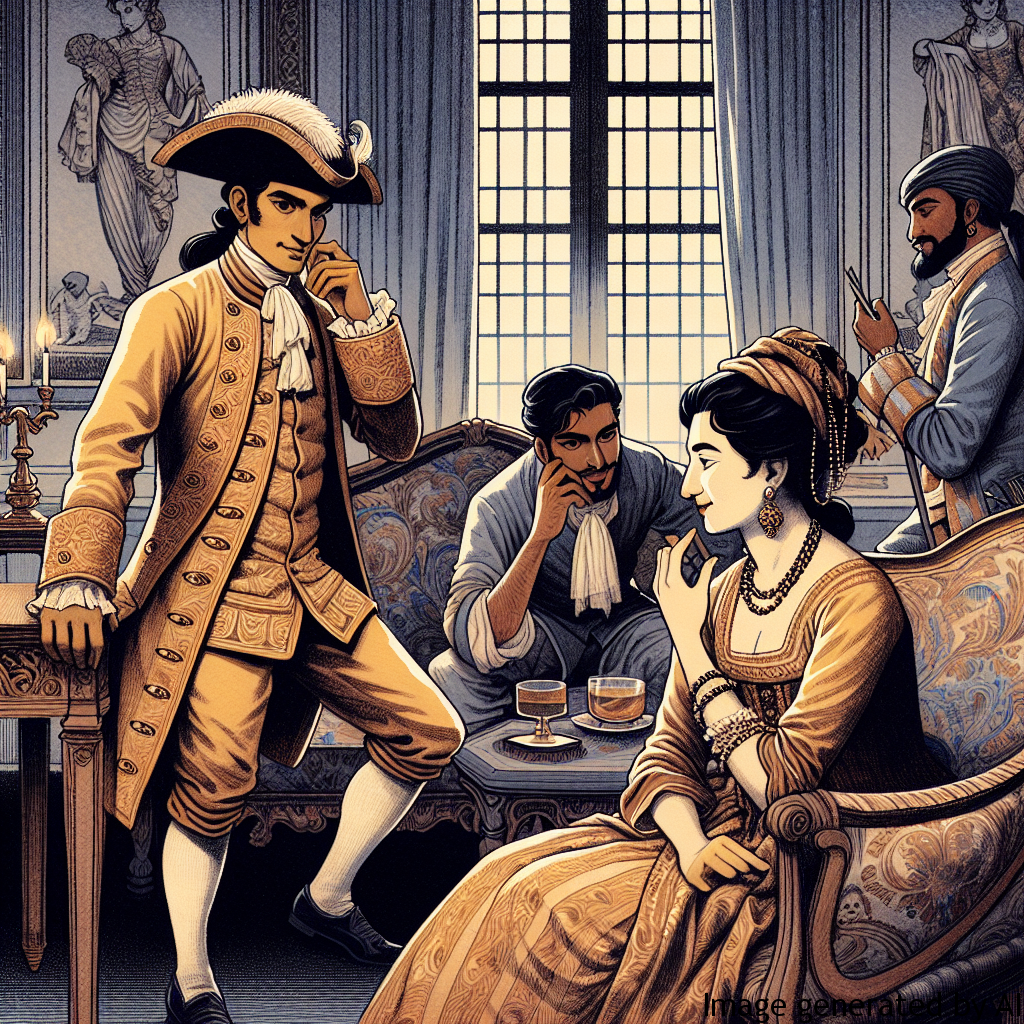Introduction
The image of Giacomo Casanova as a proverbial seducer exudes not only sexual prowess but also power. The dynamic interplay between sexuality and power in the context of his relationships reflects a paradigm potent in the societal construction of masculinity. This article aims to explore how these elements could affect men’s psychological health, using Casanova as a metaphorical reference point.
The Fulcrum of Gender Expectations and its Influence on Men’s Psychological Health
Unrealistic Ideals
Historical and contemporary societies have often elevated figures like Casanova to uphold often unrealistic ideals of masculinity. Men have been instilled with the notion that they must exert control, assertiveness, and sexual dominance. Failure to live up to these could significantly affect their mental health, leading to feelings of inadequacy, low self-esteem, and depression.
The Fallacy of Emotional Stoicism
Emotional stoicism, another facet of the expected male gender role, compels men to suppress their emotions and project an image of stability and strength. However, such repressive behavior can lead to issues such as anxiety disorders, pent-up aggression, and meaningful relationship problems.
Examples of How Gender Roles Can Impact Men’s Lives
In a culture that views men using the Casanova lens, the repercussions on men’s lives are enormous. Performance anxiety in bedrooms could lead to debilitating anxiety disorders and strained relationships. The pressure exerted to be sexually assertive and dominant could foster unhealthy practices and attitudes towards relationships, possibly verging on emotional abuse.
Guidance on Improving Psychological Health Considering Gender Roles
There are several ways to navigate and mitigate the impact of these gender expectations:
- Recognising and accepting that societal expectations for men stem from stereotypes can start the healing process.
- Mental health should be addressed as a priority, with suitable support channels and treatment available when necessary.
- Reframing masculinity could involve adopting a broader interpretation of strength, one that incarnates emotional openness and vulnerability.
- Education and awareness programs could be instrumental in breaking down harmful stereotypes about men and masculinity.
Conclusion
In sum, the perception of Casanova symbolizes an intersection between power, sexuality, and gender roles affecting men. While gender roles have conditioned men into adopting certain behaviors and attitudes, it is crucial that these be identified, acknowledged, and mitigated to safeguard men’s psychological health. These discussions should not demonize sexuality or relationships but seek to foster greater respect and equality within them.

